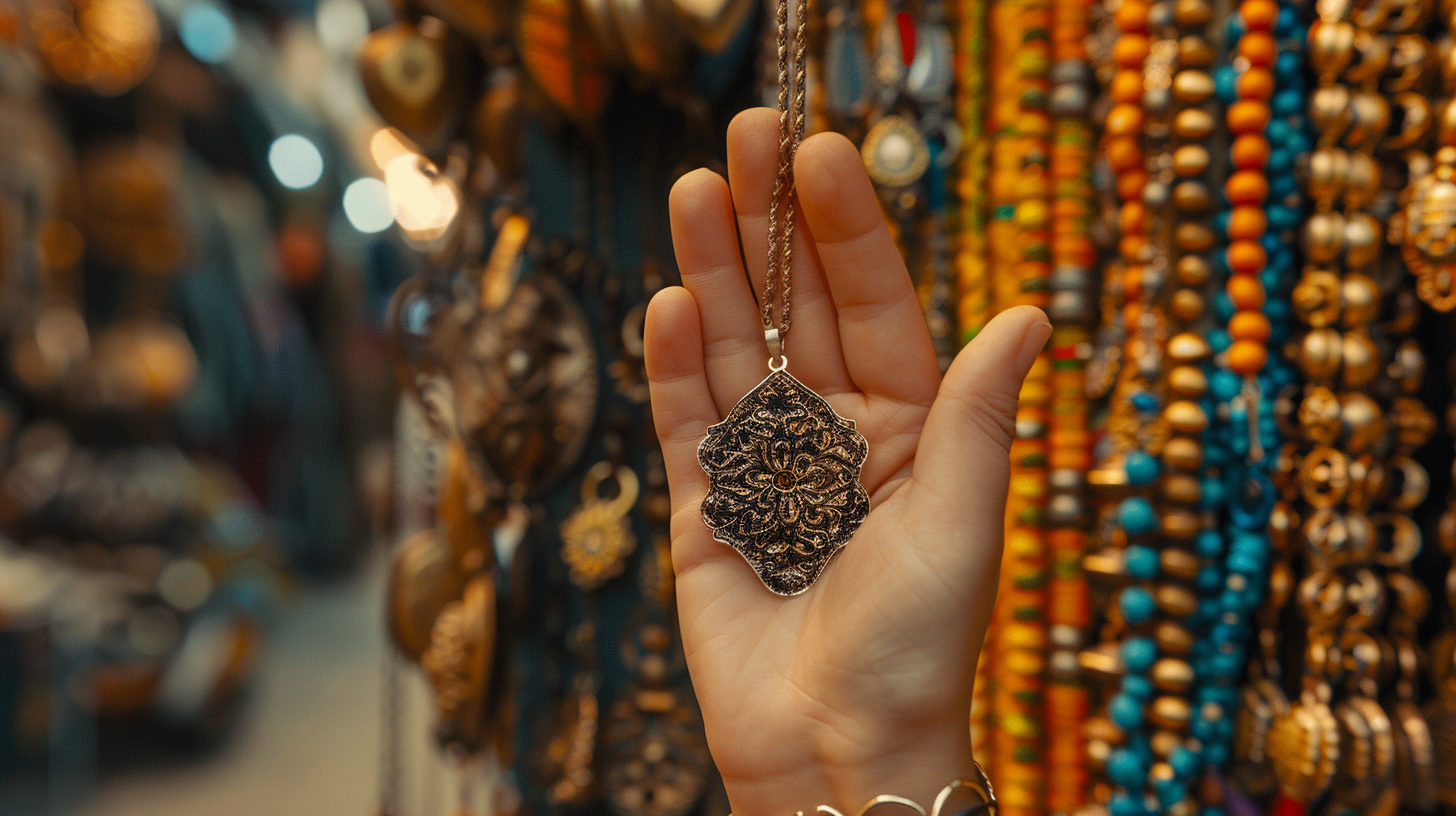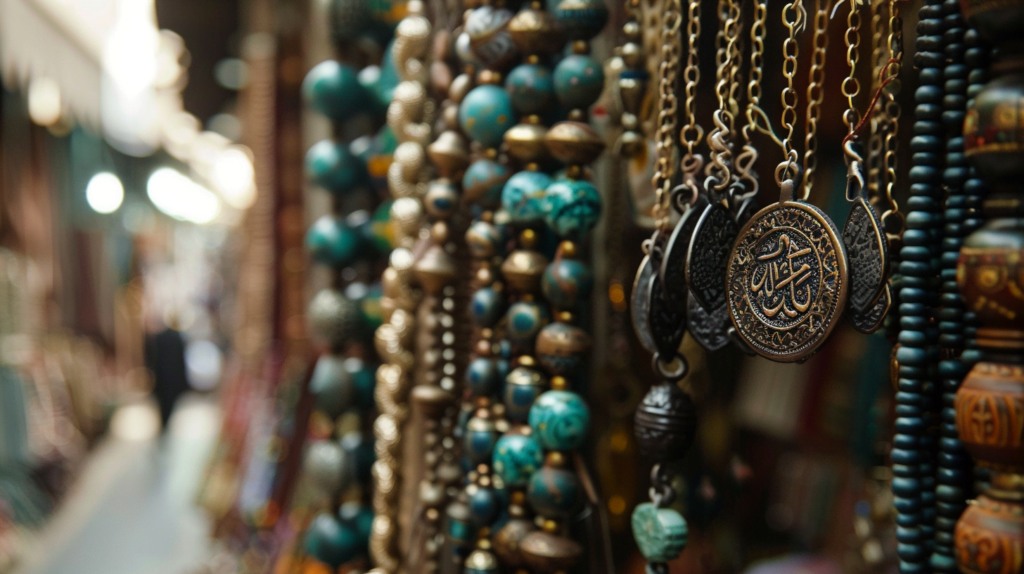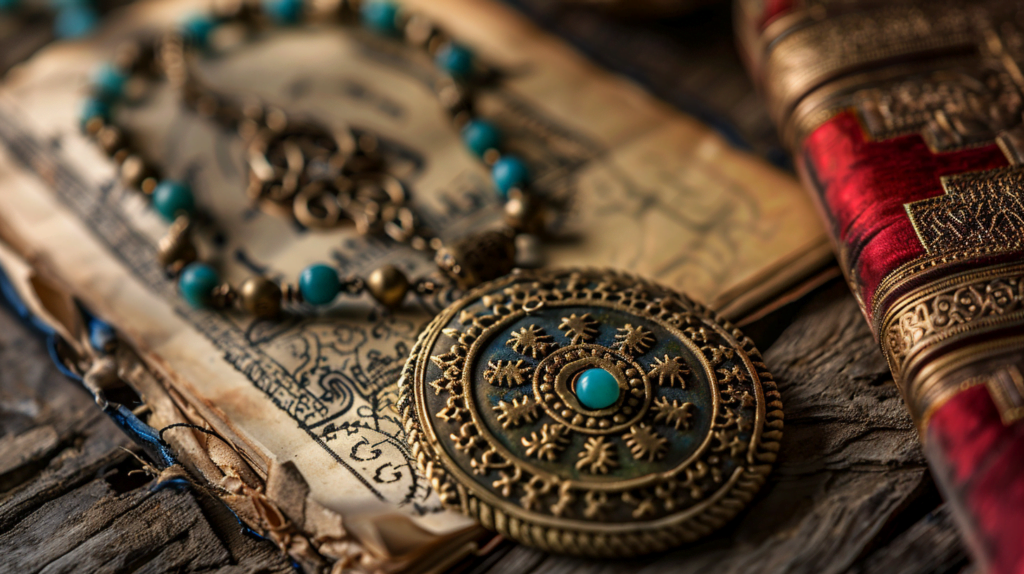Book Appointment Now
Are Good Luck Charms Haram? A Comprehensive Guide
Are good luck charms haram in Islam? Discover the Islamic perspective on using amulets, talismans, and symbols for protection and success. Learn how to rely on Allah and achieve true contentment through faith and good deeds.

Good luck charms have been a part of various cultures for centuries, with people relying on them for protection, success, and overall well-being. However, in Islam, the concept of using good luck charms raises questions about their permissibility. In this comprehensive guide, we’ll explore the Islamic perspective on good luck charms and whether they are considered haram.
What Are Good Luck Charms?
Good luck charms come in various forms, such as amulets, talismans, and symbols. They are believed to bring good fortune, ward off evil, or attract positive energy. Some common examples of good luck charms include:
- Four-leaf clovers
- Horseshoes
- Rabbit’s foot
- Lucky pennies
- Evil eye jewelry
People often carry or display these charms with the hope that they will experience luck, success, and protection from harm.

The Islamic Perspective on Good Luck Charms
In Islam, the concept of tawheed, or the oneness of Allah, is fundamental. Muslims believe that Allah is the sole creator, sustainer, and controller of the universe. Placing one’s trust and reliance on anything other than Allah is considered shirk, which means associating partners with Him.
The Quran states:
“And most of them believe not in Allah except while they associate others with Him.” (Quran 12:106)
The Prophet Muhammad (peace be upon him) also warned against the use of amulets and charms, saying:
“Whoever wears an amulet has committed shirk.” (Musnad Ahmad)
These teachings emphasize that Muslims should rely on Allah alone for protection, success, and guidance, rather than placing their trust in inanimate objects or superstitious beliefs.
Are Good Luck Charms Considered Shirk?
Relying on good luck charms for protection or success can be a form of shirk if one believes that the charms themselves possess power independent of Allah. It is important to recognize that all power and control belong to Allah alone.
However, it is essential to distinguish between cultural practices and shirk. Some people may keep good luck charms as part of their cultural heritage without necessarily believing in their supernatural powers. In such cases, it is crucial to educate oneself and others about the Islamic perspective on these practices.
Exceptions: Islamic Practices Often Confused with Good Luck Charms
Some Islamic practices, such as wearing taweez (amulets containing Quranic verses) or making dua (supplication), may be mistaken for good luck charms by those unfamiliar with Islam. However, these practices are fundamentally different from the use of good luck charms.
Taweez containing Quranic verses are worn with the intention of seeking Allah’s protection and blessings, not as a source of luck or power in themselves. Similarly, dua is a means of communicating with Allah and seeking His help and guidance, rather than relying on an object for luck.
The Psychological Aspect of Good Luck Charms
The use of good luck charms can have psychological effects, such as the placebo effect, where a person’s belief in the charm’s power can lead to positive outcomes. However, this false sense of security can be detrimental if it replaces one’s reliance on Allah and personal effort.
In Islam, believers are encouraged to trust in Allah’s plan while putting forth their best efforts to achieve their goals. Relying solely on good luck charms can lead to a lack of personal responsibility and hinder one’s spiritual growth.
Breaking Free from the Dependence on Good Luck Charms
For those who have been relying on good luck charms, breaking free from this dependence involves strengthening one’s faith and trust in Allah. This can be achieved through:
- Increasing knowledge about Islamic teachings
- Engaging in regular prayer and dua
- Focusing on good deeds and righteous actions
- Seeking guidance and support from knowledgeable Muslims
By developing a stronger connection with Allah and understanding the Islamic perspective on good luck charms, individuals can find true peace and success in their lives.
Educating Others About the Islamic Stance on Good Luck Charms
As Muslims, it is essential to spread knowledge about Islamic teachings and address cultural practices that may contradict them. When discussing the topic of good luck charms with others, it is important to:
- Approach the subject with kindness and understanding
- Explain the concept of tawheed and the importance of relying on Allah
- Encourage others to seek success through personal effort and good deeds
- Provide resources and support for those seeking to learn more about Islam
By educating others about the Islamic stance on good luck charms, we can help foster a deeper understanding of the religion and promote a stronger connection with Allah.

Conclusion
In conclusion, while good luck charms may be prevalent in various cultures, the Islamic perspective on their use is clear. Relying on these charms for protection or success can be a form of shirk, as it places one’s trust in something other than Allah. Muslims are encouraged to rely on Allah alone and strive for success through personal effort and good deeds.
By understanding and adhering to Islamic teachings, seeking guidance through dua and Islamic practices, and educating others about the Islamic stance on good luck charms, we can foster a stronger connection with Allah and find true success and contentment in our lives.
FAQs
- Are there any good luck charms that are permissible in Islam?
No, there are no good luck charms that are permissible in Islam. Muslims should rely on Allah alone for protection and success. - Can I wear a taweez for protection?
Wearing a taweez containing Quranic verses is permissible if done with the intention of seeking Allah’s protection and blessings, not as a source of luck or power in itself. - Is it okay to keep a good luck charm for cultural reasons?
It is important to distinguish between cultural practices and Islamic teachings. If keeping a good luck charm is purely cultural and does not involve believing in its supernatural powers, it may be permissible. However, it is essential to educate oneself and others about the Islamic perspective on these practices. - How can I explain to my non-Muslim friends that good luck charms are haram?
When discussing the topic with non-Muslim friends, approach the subject with kindness and understanding. Explain the concept of tawheed and the importance of relying on Allah alone. Encourage them to learn more about Islam and offer resources and support if they are interested. - What should I do if I have been relying on good luck charms?
If you have been relying on good luck charms, the first step is to acknowledge that this practice is not in line with Islamic teachings. Strengthen your faith and trust in Allah through prayer, dua, and seeking knowledge. Focus on good deeds and righteous actions, and seek guidance and support from knowledgeable Muslims.



